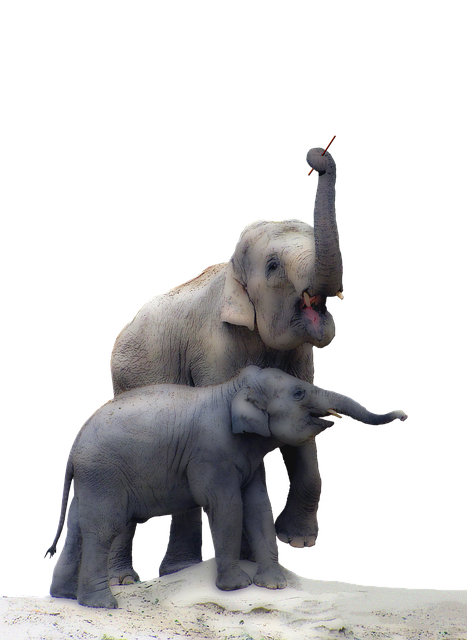Achara, the 21-month-old female Asian elephant at the Oklahoma City (OKC) Zoo and Botanical Garden has tested positive for endotheliotropic herpesvirus (EEHV), 1A strain, according to zoo officials.

All elephants are believed to carry strains of this virus, and while this isn’t the first time Achara has tested positive for EEHV, it is the first time this particular strain has been detected. Currently, low levels of the virus have been detected but the animal care team is taking no risks.
Achara is currently being treated with anti-viral medications.
“We are grateful for the advances in veterinary medicine and research related to EEHV that have enabled us to detect this disease early on in Achara,” said Barry Downer, OKC Zoo deputy director. “We are following a daily treatment protocol that has been successful in other elephants. Because there is no cure for EEHV, it just goes dormant, we will be vigilantly monitoring her health, as we will the rest of the herd.”
Scientific evidence to date strongly suggests that all elephants carry one or more types of EEHV and virus transmission is only through direct elephant-to-elephant contact. Calves, however, appear to be most susceptible to EEHV after they have been weaned and are no longer protected by their mother’s antibodies.
According to the Merck Veterinary Manual, Elephant endotheliotropic herpesvirus infection (EEHV) is one of the most significant disease threats to captive elephants. Several virus types that cause disease have been described, although viral latency is common. EEHV primarily causes acute hemorrhagic disease, mostly in young Asian elephants (Elaphas maximus) with a mortality rate of up to 85%.
Clinical signs are predominately nonspecific and include lethargy, anorexia, mild colic, and tachycardia. There is often edema of the head, neck, trunk, and thoracic limbs. Cyanosis of the tip of the tongue that progresses caudally and hemorrhage of the tongue and oral ulcers are also seen. Antemortem diagnosis is currently made by PCR analysis of whole blood. Early, aggressive treatment with antiviral agents (famciclovir or ganciclovir) with good supportive care has decreased the mortality rate since 2009.
Achara’s half-sister, Malee, died at the age of four due to infection of EEHV1A, the most common strain in elephants across North America, Europe and in Asia including wild populations.
Related:


One thought on “Oklahoma City Zoo elephant tests positive for endotheliotropic herpesvirus”